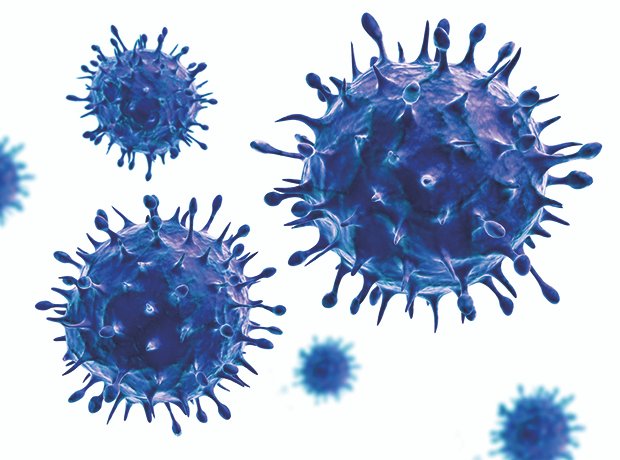Gilead’s Biktarvy reinforced as a treatment option for HIV

HIV affects approximately 39 million people worldwide and can lead to AIDS
Gilead Sciences has revealed long-term real-world data results from a study that reinforces Biktarvy (bictegravir/emtricitabine/tenofovir alafenamide) as treatment regimen for people with human immunodeficiency virus (HIV).
The aim of the ongoing Bictegravir Single Table Regimen (BICSTaR) study is to evaluate the effectiveness, safety, tolerability and patient-reported outcomes of the Biktarvy treatment in treatment-naïve and treatment-experienced individuals with HIV.
Affecting approximately 39 million people worldwide, HIV is a virus that attacks the body’s immune system. If left untreated, it can lead to acquired immunodeficiency syndrome (AIDS).
Individuals with a broad range of HIV, including those with a prior-treatment history or comorbidities, were enrolled in the BICSTaR trial from Canada, France and Germany.
Results showed after a three-year follow-up that Biktarvy was highly effective for trial participants, with 97% of treatment-naïve and 97% of treatment-experienced participants virologically suppressed and no reports of treatment-emergent resistance.
An additional nine, phase 3, randomised studies have been evaluating Biktarvy in treatment-naïve and virologically suppressed people with HIV who were restarting the treatment after experiencing a virologic rebound.
Out of a total of 3,772 participants, 2.5% experienced virologic rebound, which resulted in 110 virologic rebound events.
Virologic rebound is when a person on antiretroviral therapy has persistent, detectable levels of HIV in the blood after a period of undetectable levels.
Within 30 days, results showed that the majority of participants who experienced virologic rebound achieved viral suppression after regaining virologic control.
Additionally, no treatment-emergent resistance was observed in participants with persistent viremia, viruses in the blood.
Fernando Bognar, vice president of global medical affairs for HIV at Gilead, said: “Real-world evidence and observational studies can help bridge the gap between clinical trials and clinical practice, providing valuable insights into the characteristics of individuals with HIV in specific regions or communities, particularly those historically underrepresented in HIV clinical research.”
These results support the ongoing evaluation of Biktarvy as a potential treatment option for individuals with viremia who have previously achieved virological suppression and are restarting treatment.
Source link
#Gileads #Biktarvy #reinforced #treatment #option #HIV